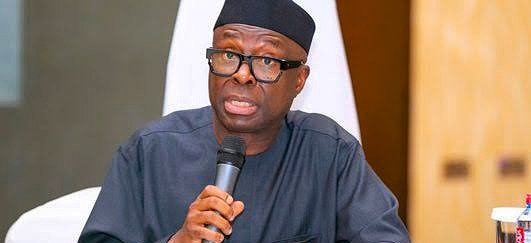By John Ikani
Nigeria’s Minister of Industry, Trade and Investment, Niyi Adebayo, revealed yesterday that many African countries were lobbying companies operating in Nigeria to leave and come to them.
The minister made this known on Wednesday when he led other agencies under the ministry to appear before the House of Representatives Committee on Public Accounts to respond to queries from the auditor-general of the federation.
Adebayo explained that the African countries, including Ghana, had increased their capital allowances to companies, which had consequently diverted a lot of investments from Nigeria. He noted that one major factor that was making it difficult for more firms to leave Nigeria was its population.
He, however, said the federal government was making efforts to support investments.
“Our duty is to support investment growth in Nigeria. It is public knowledge that getting these investments is increasingly becoming difficult today,” he said.
What you should know
Despite Nigeria’s vast business opportunities for foreign investor, many foreign investors have exited Nigeria due to their inability to deliver favorable returns to shareholders.
In the last one-and-half decade, many foreign investors have exited Nigeria on account of the high cost of production, inefficient government policies, insecurity, decaying infrastructure and economic recession.
The most recent victim of Nigeria’s harsh operating environment was Africa’s biggest grocery retailer and the South Africa-owned chain of stores, Shoprite, which last week announced its exit from Nigeria after 15 years of operation.
Though the company claimed the decision was reached after it re-evaluated its operating model not just in Nigeria, but across Africa, it should be pointed out that Nigeria’s harsh operating environment forced the company of the country.
Apart from facing the challenges of inadequate power supply, corrupt government agencies also collude with local companies scared of competition to drive foreign companies out of the country.
There is now a pressing need for the Nigerian government to rescue foreign investments from the clutches of the harsh operating environment as it seeks to become a non-oil dependent economy.

































